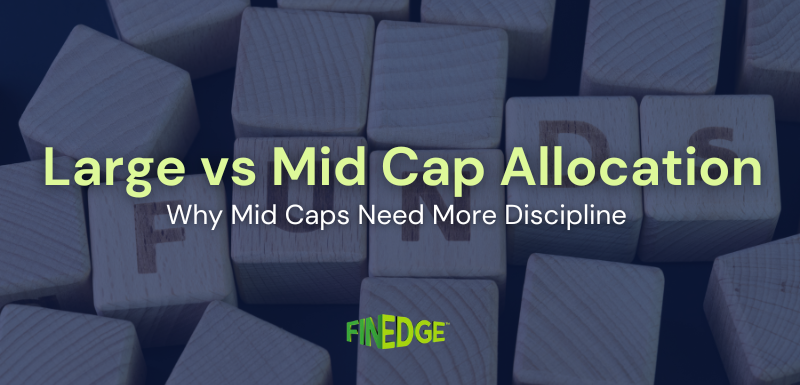3 Reasons Why You Should Say No to Endowment Plans

The fact that a whopping Rs. 30 lakh crores of our collective household savings are parked in insurance policies is a good enough indicator of our nation’s affinity for traditional (endowment) insurance plans! But are these complex sounding policies that look great prima facie, actually good investments or risk coverage tools? We believe not. Here are three good reasons why you should say a big NO to traditional insurance policies.
Reason 1 – Low Returns
The confusing opacity of the way “returns” from traditional plans are portrayed actually confuses investors into believing that they’re reaping great rewards on their money! Some common “tricks” are as follows – declaring the bonus as a percentage of the “sum assured”, which sounds like a hefty sum. However, the fact that the accrued bonus will be paid 20 years later completely changes the equation! Another common trick for single premium policies is to show “exponential” growth. For example – so and so policy will TRIPLE your money in 20 years. Guess what compounded return that works out to? Barely 6.2%! In fact, as a thumb rule, most traditional policies earn you returns that are even lower than long term fixed deposit rates.
Reason 2 – Inflexibility
Traditional plans are notoriously inflexible in the way that they’re structured! They have almost no liquidity for the first few years, only earning a significant enough “surrender value” sometime around year 9 or 10. There are no options for partial liquidation, or to manage your own asset allocation. The money goes where the insurer deems fit. Also, plan parameters are locked in at the start of the policy and so you wont benefit in case macros improve and bond prices go up – but the insurer will! Basically, traditional plans are highly illiquid and designed to lock you into a vicious cycle of throwing good money after bad; as nobody enjoys writing off an investment. Be very careful of this pernicious trap.
Reason 3 – Poor Life Cover
Presumably, when you buy into a traditional life insurance plan, you can at least expect to serve the purpose of covering your life? Wrong! Most endowment plans don’t even solve the problem of covering your life comprehensively. To give you an example, a traditional LIC plan where you’re putting away Rs. 25,000 per month for 20 years, will give you an inconsequential life cover of just Rs 5 lakhs or so! Needless to say, an individual’s family will not be able to go too far with this small sum of money in case the breadwinner dies. On the other hand, one can easily aim for a death benefit of 1 to 1.5 Crores by paying this money into a simple term plan.
End Note: Stay away from endowment plans! For your investments, Mutual Funds Sahi Hai! Couple them with term and health insurance plans to set up a comprehensive portfolio of financial instruments for yourself.
Your Investing Experts
Relevant Articles
When Is the Right Time to Start Investing for Your Goals?
When is the right time to start investing for your goals? Many believe the answer depends on market stability, income comfort, or economic certainty. In reality, the right time is when your goals are clear and you are prepared to act with discipline. Wealth is rarely created by waiting. It is built through consistent participation guided by a defined investment process.
How to Adjust Your Investments After a Salary Raise
A salary hike is more than a pay revision, it is an opportunity to realign your financial direction. The smartest response to higher income is not immediate lifestyle expansion, but a structured review of your goals, debt position, and investment contributions. When handled thoughtfully, each raise can accelerate wealth creation rather than simply increase monthly expenses.
Why Mid-Cap Allocation Needs More Discipline Than Large Cap
Mid-cap allocation demands more discipline than large cap because it comes with sharper market swings. While mid caps offer higher long-term growth potential, they also test investor patience during downturns. The key is not choosing one over the other, but understanding how each behaves across market cycles.
.png)
.png)

